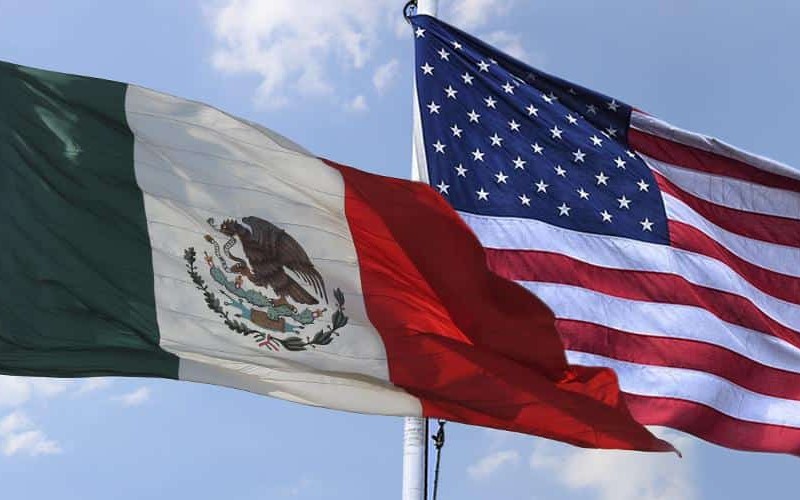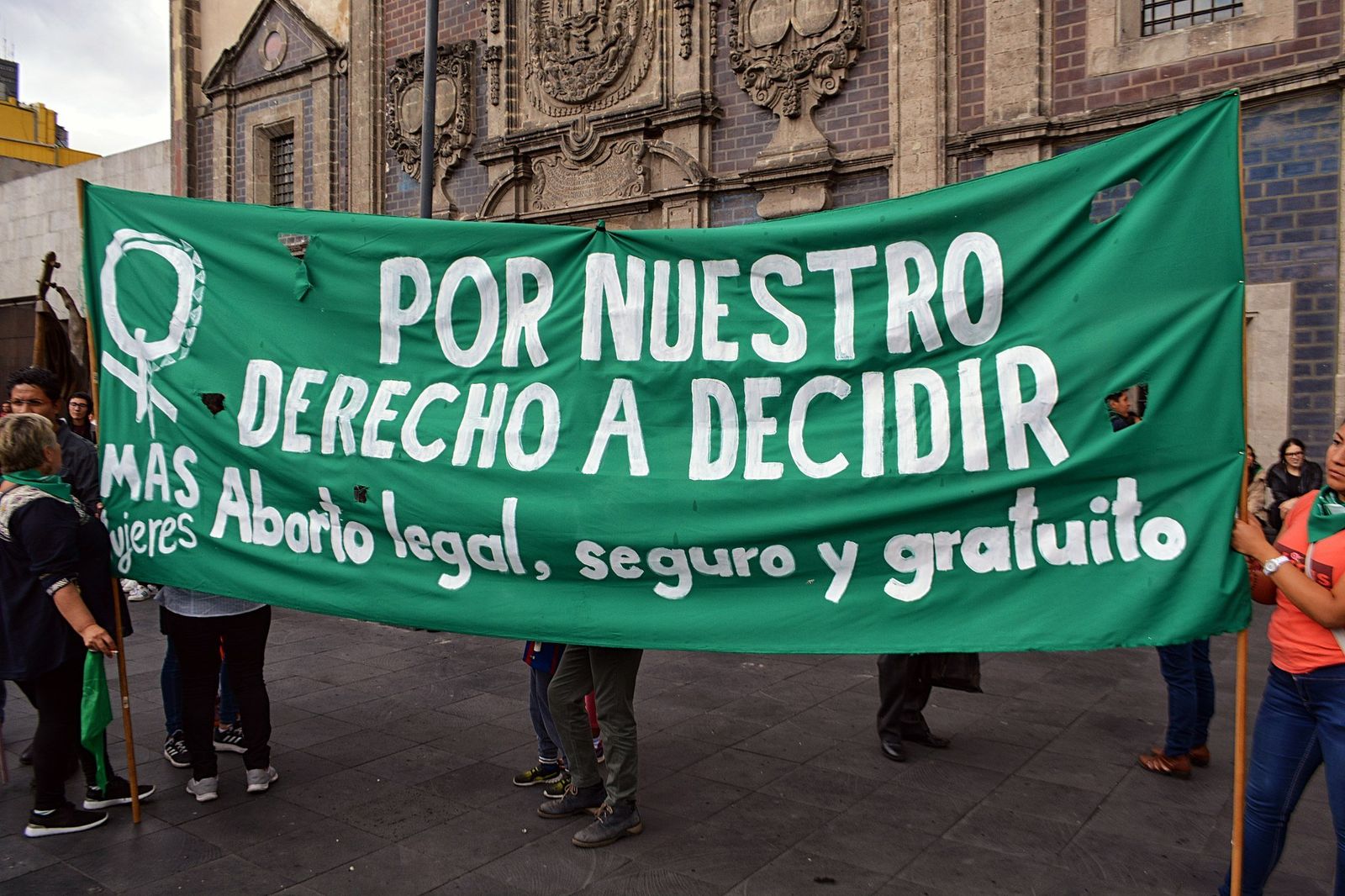3 Reasons to Consider Dual American/Mexican Citizenship and How To Do It
Mexico has been scoring some big wins in progressive areas like abortion rights and better treatment of animals. They also made it easier to become a dual American/Mexican citizen.

The United States has quite a long history of violating constitutional rights and protections of people in the country. The dismantling of abortion rights and the horrific treatment of refugees are just a few recent examples of the U.S. falling short of its goal of developing a more perfect union. Recently, Mexico has been showing the U.S. up with its handling of these hot button issues, and this very religious, notoriously corrupt government has been surprising a lot of people.
Here are 3 reasons why some are now asking themselves if dual citizenship in Mexico is the way to go, and how to go about doing it.
Abortion isn’t Criminalized

Mexico made headlines when the Mexican Supreme Court declared it was unconstitutional to punish abortion, throughout the entire country. As of September 7, 2021, abortion was no longer a crime in Mexico, although its legalization varied by state. Mexico made headlines yet again on September 6, 2023 when the Mexican Supreme Court declared all laws prohibiting abortion unconstitutional and took the additional step of removing abortion from the federal penal code.
This is in stark contrast to the U.S., where states have been slowly but effectively taking away access to abortions and reproductive healthcare one draconian law at a time even before the fall of Roe v Wade in 2022. If you’re ever in need of abortion healthcare, Mexico is now a refuge for women.
Mexico’s Supreme Court ruling is a triumph for women and activists who joined the Latin American reproductive rights movement, the Marea Verde, which has successfully been gaining access to abortion and an expanded feminist rights agenda throughout Latin American countries.
Animals are Safe and your Products are too

For many years, various industries killed and tortured animals for the sake of beauty cosmetics and products, but no more. Mexico’s Senate passed a federal bill in 2021 that bans animal testing for cosmetics. This law also banned importing cosmetics tested on animals from other countries. Mexico is now the first North American country to prohibit cosmetic animal testing.
But Mexico had already been passing animal welfare legislation for years. In 2017, the Mexican government passed a federal ban on dogfighting and as of 2022, there’s only one state, the state of Chiapas, that has yet to criminalize the mistreatment of animals, including dog fighting, in its local criminal code.
Byeeeeee colonialist Christopher Colombus!
Another win from Mexico! In October 2020, the statue of Christopher Columbus, situated in the heart of Mexico City, was at last taken down. The bronze monument of the colonizer Columbus had been the subject of long-standing demand for removal by activists and indigenous communities, and their protests led to decisive action. Today, the site stands as a dedication to “las mujeres que luchan,” the women who fight.
So what’s the Citizenship Process?
If you don’t want to give up your U.S. nationality to become a citizen, then apply for dual citizenship with Mexico. Dual citizenship allows a person to be a citizen of two countries at the same time. It allows you to work, attend school, vote, have a Mexican passport, own property, and other benefits that are country-specific. On May 18, 2021, the Human Rights Bill, allowed people who are of Mexican descent but born in the U.S. the ability to officially be a Mexican national without having to be born in Mexico.
In Mexico, the Secretaria de Relaciones Exteriores (SRE) begins the citizenship process. First, you must verify that you meet all requirements for Mexican citizenship. Whether that be residency requirements or claiming nationality through either of your parents. The second step is completing the application provided and submitting any needed paperwork. Mexico’s consulate requires your U.S. birth certificate, your parents’ Mexican birth certificates, and proof of identification. All the documents must be consistent and have no errors that need to be corrected. This will all show your lineage to Mexico and why Mexican citizenship should be granted.
Once the fee is paid, the application will be processed. If approved, the applicant is granted dual citizenship. The next step, if your citizenship is approved, is to now apply for a Mexican passport.
There is no set time for how long the process can take, but it is estimated to take months.
As of 2019, nearly 10.9 million Mexican-Americans live in the U.S and the Human Rights Bill that was passed is opening doors to the possibility of not only living bi-culturally but also bi-nationally. No more having to choose a culture or even choose countries – you can have them both, and with all the recent progressive change occurring in Mexico, why not?






